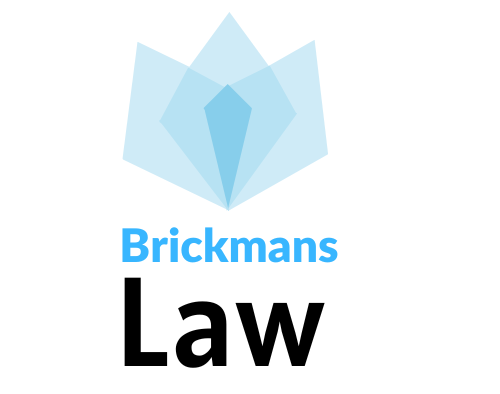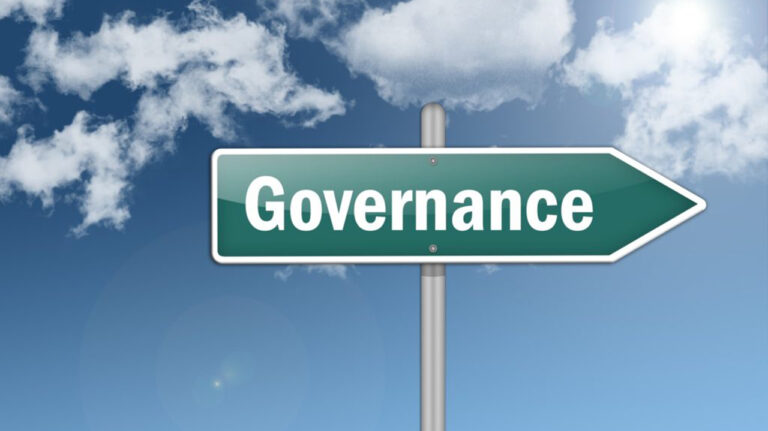Gender And Age Discrimination Under Nigerian Employment Laws – Are There Adequate Protections Under Our Laws?
It is unarguable that the labour force is still rife with several discriminatory practices. Among the several forms of discrimination, two major forms of discrimination that stands out are gender and age discrimination and they are both prevalent in Nigeria. Since one of the sustainable development goals of the UN before 2030 is to reduce inequalities, it is important that we look into this. “By 2030, empower and promote the social, economic and political inclusion of all, irrespective of age, sex, disability, race, ethnicity, origin, religion or economic or other status”.
A research in a more developed area like UK suggests that almost all working women has experienced gender discrimination, at least 21% of adults of 40-60 years of age has experienced age discrimination while a whooping 40% above 60 has experienced such.The most affected part of the workforce in this regard seems to be the older women since they are doubly affected by both age and gender. This article seeks to take a look at the provisions of the Nigerian law and its adequacy in this regard.
Gender discrimination
Gender discrimination also known as sexual discrimination when streamlined to labour law refers to any form of action that specifically denies opportunities, privileges, or rewards to a person (or a group) because of their gender. The practice of letting a person’s gender become a factor when deciding who receives a job or a promotion, is gender discrimination. Also, gender discrimination occurs when gender is a factor in other decisions about employment opportunities or benefits.
Forms of gender discrimination are: sexual harassment, working longer hours, less pay for one
gender, gender bias in distribution of opportunities at work. While most discrimination charges claim that a woman (or women) was discriminated against in favor of a man (or men), there have also been cases where males have claimed that they have been discriminated against on the basis of gender. These cases are usually referred to as “reverse discrimination.”
Statistically, women are more likely to be discriminated against than men thus leading to a lower level of representation of women especially in higher roles.
Here are a few examples;
- The FTSE 100 index includes the biggest companies on the London stock exchange. Only 6 out of 100 CEO’s are women
- The Hang Seng index details the largest companies that trade on the Hong Kong stock exchange. Out of the top. 50, only one is a woman
- For every dollar a man earns, a woman earns 63 cents
A recent analysis estimates that Nigeria’s gross domestic product could grow by 23 percent by 2025 if women were to participate in the labour force at the same rate as men. And the International Monetary Fund suggested that Nigeria could make its vulnerable economy more stable by improving its low levels of gender equality (i ranks 122nd among 144 countries on the World Economic Forum’s global gender gap index).
Age discrimination
The U.S Equal Employment Opportunity (EEOC) defines age discrimination as ‘treating an applicant or employee less favourably because of his or her age’. Elderly and youthful employees sometimes experience age discrimination in the workplace. Ageism is stereotyping or discriminating against individuals or groups because of their age.
Employers are generally not allowed to hire, fire, or promote employees, nor decide an employee’s compensation based on their age. However, it can be difficult to determine whether an employer’s actions were motivated by age discrimination, or by a genuine belief that another person can perform a particular job better.
There are various forms of age discrimination in recruitment, retrenchment, wages, assignment of tasks, promotions, paid trips, training and various opportunities at work. While some are subtle, others are very glaring.
61% of US workers at or over the age of 45 reported witnessing or experiencing ageism in the workplace.Even though ageism affects both men and women, Ageism affects women and men at similar rates and ages—age 40 for women compared to age 45 for men in the UK.
Older women face marginalisation based on “lookism,” or gendered youthful beauty standards in addition to the unfounded societal biases that older employees are less innovative, adaptive, and generally less qualified.In one study, women managers reported feeling pressure to adhere to societal beauty standards and maintain a young look. As an example, women are almost twice as likely as men to feel compelled to dye their hair
The term “gendered ageism” covers the intersectionality of age and gender bias: two disadvantaged groups.. In the workplace, age discrimination is becoming not only a liability concern but also a growing diversity issue.
Nigerian laws on gender and age discrimination
Section 42 of the Constitution specifically provides for the right to freedom from discrimination. The section provides that a citizen of Nigeria shall not be subjected to any disabilities or restriction, expressly or in application of any law or any executive or administrative action of the government just because he is such a person or be subjected to disabilities or restriction due to their place of origin, sex, religion or political opinions.
In the same vein, section 42(1)(b) states that a citizen of Nigeria shall not be accorded any privilege or advantage that is not accorded to citizens of Nigeria that are of other communities, ethnic groups or due to their place of origin, sex, religion or political opinion.
The Nigerian legal jurisprudence scarcely provides against age discrimination in employment matters as there is no specific legislation on age discrimination in the workplace. The Labour Act, which is the main extant legislative authority with respect to labour matters in Nigeria, only provides against the employment of a child or young person; though with some exceptions. The Act does not make provision against age discrimination or ageism with respect to recruitment, retainment or promotion of employees.
A further look at the Nigerian legislation on these inequalities.
Discriminatory laws in Nigeria as it affects the workforce.
Let’s start with the constitution which is the grundnorm of Nigeria. S.42 of the Constitution which is supposed to provide protection is also limited being that it provides protection against only executive action but not from other sources like private individuals or organisations. In Madu V. Onuaguluchi and Onwo V. Oko It was held that the fundamental rights in s.42 can only be enforced against public officials and not individuals.
That decision was later reversed by the court of appeal. However, we don’t know that the court of appeal properly interpreted the section before overturning the decision. This makes the law (S.42) precarious at best.
S.55 of the Labour Act, chapter 198 of the laws of the federation 1990 prohibits females except nurses from undertaking night work or private industrial undertaking or any agricultural undertaking.
S.56 further prevents women from being employed in an underground mine except for those employed in management, health and service training.
As recent as 2004, the Nigerian legislature was still ratifying laws that stifled women police officers. For instance, the Police Act 2004 required women to seek for permission to get married, prohibiting them from getting married 3 years after employment and so on. However, S.124 was nullified by the court in Wela V AG Fed..
Failed bills
Gender and Equal opportunities bill
Abolition of all forms of discrimination against women in Nigeria and other related matters bill 2006
Sexual offences Act Bill 2013
Labour amendment act bill 2016
Ratified Charters
CEDAW 1985
AFRICAN CHARTER ON HUMAN AND PEOPLE’S RIGHTS.
Admittedly, there have been some improvements to certain age stipulations as regards the public service. The Bill (officially known as “Bill for an Act to Eradicate the Age Discrimination against Job seekers in Federal Government Agencies; and for Related Matters (HB. 1502)“) was sponsored by Sergius Ogun and Babajimi Benson and was approved by the House of Representatives in Nigeria which prohibited the Federal Government Ministries, Agencies and Departments from discriminating against job seekers on the basis of their age. Apart from this, no other law supports anti age discrimination.
Is there adequate protection under the law?
From the foregoing provisions, it is safe to say that the laws have been more discriminatory than anti discriminatory and everyone is being forced to deal with the short-sightedness of the legislature. Banks still include 26-27 years as their benchmark and institutions still seek early retirement from individuals.
It is unrealistic at this point to continue to ignore this situation as it affects the economy and reduces productivity generally. The people deserve laws that protect their interest. Continued nonchalance would see a further tremendous decrease in the workforce which might lead to more dependency. A country where a huge part of the population is jobless or unproductive will definitely lead to stagnancy, higher crime rate, lower GDP and so on. A country where citizens rights come first, is a country that inter alia thrives.
Conclusion
It is assumed that women’s equality will be achieved by facilitating shared cooperation among women. However, driving change requires decision makers to be involved and act. At the moment, those with the power to decide are still disproportionately men. That is why the male political party leader or business chief executive officer or chair of the board needs to be in the room, truly listening to women, responding to women and acting for gender equality
Every successful attempt at change is usually a collective effort. It begins with awareness of the problem, acceptance and then collective action. The rhetoric at this point is “Should one more person be allowed to go through a discriminatory practice simply because he or she does not have enough protection under the law?”. I think not.




